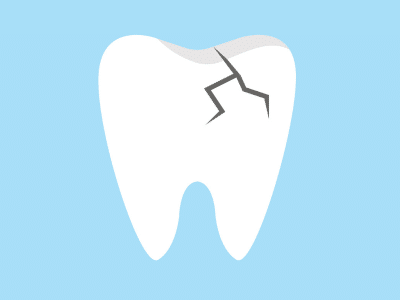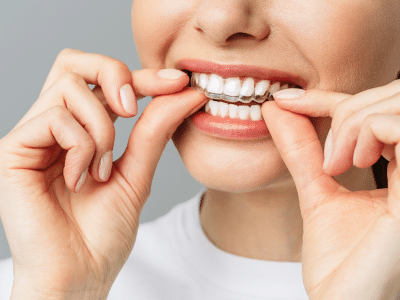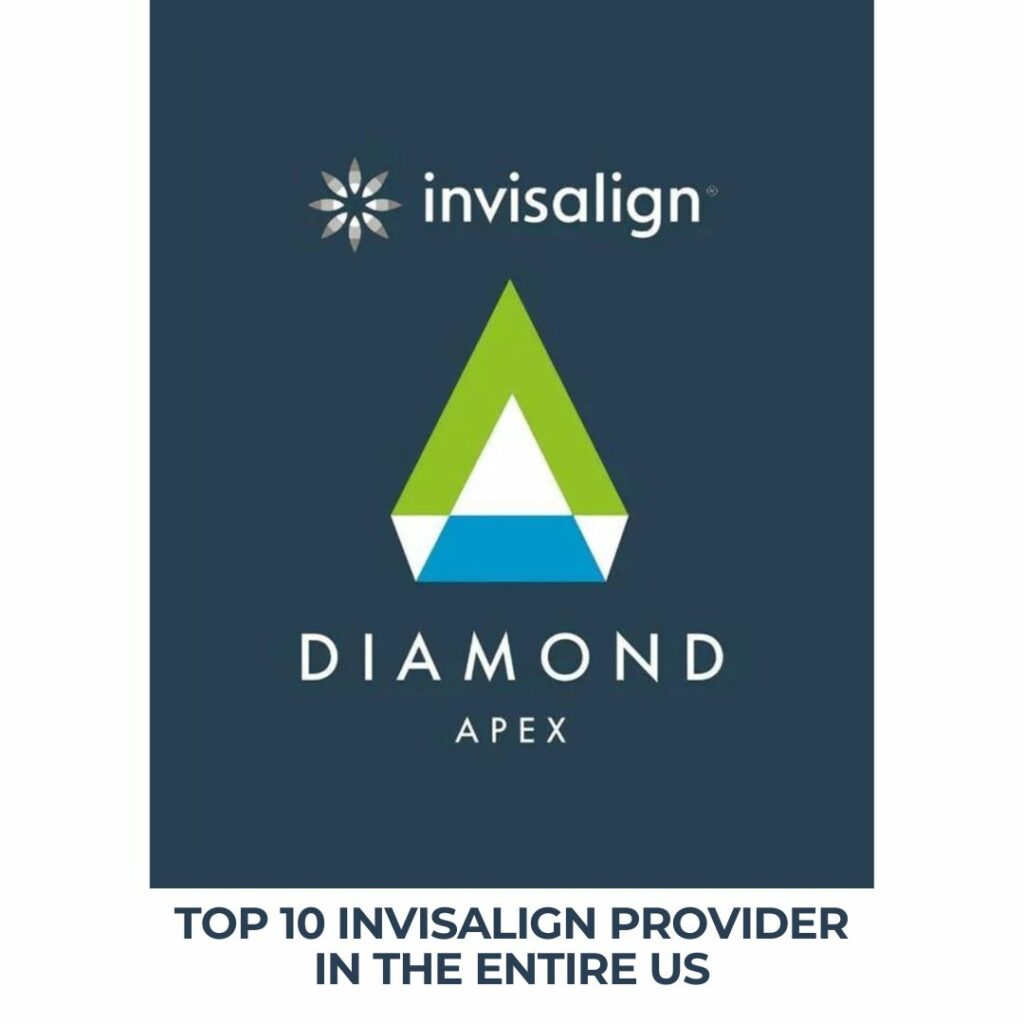10 Chipped or Cracked Tooth Treatments
10 Chipped or Cracked Tooth Treatments

First, you need to identify if you have a cracked or chipped tooth. While it’s pretty easy to notice a broken tooth at the front of your mouth, here are some other symptoms you should be on the lookout for, especially for those teeth you can’t easily see:
- Sudden sensitivity to cold foods or drinks
- An irritated tongue from rubbing against a tooth’s jagged surface
- Pain when biting or putting pressure on the tooth
- An irritated gum line around one tooth
- Feeling a rough, uneven, or jagged edge on the surface of the tooth when you run your tongue over it
If a cracked or chipped tooth occurs, the most important thing is to take action. Call your dentist’s office immediately and try to schedule an appointment. Additionally, if a piece of your natural tooth is missing, try to keep it safe to bring to your dentist. You can take over-the-counter pain relievers and eat soft foods to keep discomfort at bay in the meantime.
Treatments
- Reattachment – In some cases, the dentist can cement the missing piece back onto the chipped or cracked tooth.
- Reshaping – If you have a small tooth chip, this issue can potentially be corrected by simply reshaping the tooth (by smoothing and polishing the affected area).
- Filling – If you have a more significantly sized problem, they will simply fill in the hole or crack left if the tooth is unable to be reattached.
- Bonding – This is when the crack is filled in using composite resin (which is matched to the individual’s tooth color). This bonding material will be shaped to imitate your natural tooth.
- Veneers – This may be a good option for those larger chips or cracks that affect the front teeth. They will take an impression of your tooth and then affix a veneer that imitates the shape of your natural tooth on top of what is left of your current tooth.
- Onlay – These are used on molars that have lost a lot of tooth or have a fairly major crack. These are typically made of either porcelain or dental gold.
- Crown/Cap – This is recommended when a larger portion of the tooth breaks off. The crown will be fitted to the top of the tooth to cover the missing enamel.
- Root Canal – This may be a good option if there is confirmation that the damage has reached the pulp or root of your tooth. This is a more invasive procedure that keeps you from losing your tooth and is accompanied by a crown.
- Extraction & Implant – If your cracked or chipped tooth is beyond repair, you may have to have your tooth extracted and a dental implant will replace the cracked or chipped tooth.
- Tooth Splint – If your tooth is cracked, not chipped, a tooth splint may be possible. The damaged tooth can be bonded to an adjacent healthy tooth, and allows the surrounding bones and gums to recover.
If you have a chipped or cracked tooth, make sure you take steps as soon as possible to do something about it. Be sure to consult your dentist about which treatment is best for you, and they will help get you fixed up! As always, please contact our office with any questions you may have.
Essential Daily Care Practices for Your Teeth
Essential Daily Care Practices for Your Teeth

Here are some simple things you should be doing daily to ensure your teeth remain healthy:
- Brush your teeth at least twice a day – You should brush your teeth every morning and every evening at least. However, if you want to keep your breath fresh, a quick brush after lunch never hurts! In addition, make sure you are using a toothpaste with fluoride. Fluoride helps prevent tooth decay by slowing the breakdown of enamel and increasing the rate of the remineralization process.
- Floss between your teeth every day – Don’t forget to floss! Flossing can also help lessen your chances of heart disease. Additionally, both brushing and flossing help to keep plaque formation at bay. Plaque is a sticky substance that forms on your teeth and can lead to tooth decay and gum disease.
- Cut down on sugary food and drinks – High sugar foods are not good for your teeth!
- Don’t smoke or chew tobacco.
- If you drink alcohol, drink only in moderation.
Taking care of your teeth and gums is especially important if you: have diabetes or cancer, are an older adult, and if you’re pregnant. However, regardless of medical conditions, everyone should take care of their teeth seriously. Let us help you take great care of your teeth! Please don’t hesitate to contact our office if you have any questions about oral health or how to take care of your teeth.
A Smile A Day
A Smile A Day

Here are some facts and statistics about smiling:
- Smiles can use anywhere from 5 to 53 muscles in your face.
- Smiles can be contagious! People actually have trouble frowning when looking at others who are smiling and find themselves subconsciously beginning to smile as well.
- Smiling can actually boost your immune system and your physical health as well, allowing you to live up to seven years longer!
- It takes less effort to smile than it does to frown! It takes around 50 muscles to make a frown, but only about 13 to produce a smile.
- A smile is the most recognized facial expression.
There are several reasons to smile each day, make sure you’re finding them! If you are not confident in your smile, consider talking to your orthodontist to see how they can help you achieve your most radiant smile! Contact our office with any questions you may have about your smile or treatment options, we are here to help.
Orthodontics for Every Stage of Life

In an era marked by longer life expectancies, the value of a healthy, appealing smile remains consistent regardless of age. At Advanced Orthodontics, Orthodontists Dr. Barton Soper, Dr. Lauren Lewandowski, Dr. Mohammad Mainayar, and Dr. Gabriela Aragon, equipped with specialized education and expertise, cater to patients of all ages, ensuring well-aligned teeth and jaws that contribute to sustained dental well-being.
(more…)
DIY Orthodontics: A Cautionary Tale

How to Keep Your Retainers Safe

But wearing your retainers is only part of the equation. You also need to protect them when they’re out of your mouth. After all, the world is full of hazards that can damage or destroy your retainers, from curious pets to mischievous siblings. Here are some tips to help you keep your retainers safe from Orthodontists Dr. Barton Soper, Dr. Lauren Lewandowski, Dr. Mohammad Mainayar, and Dr. Gabriela Aragon at Advanced Orthodontics.





